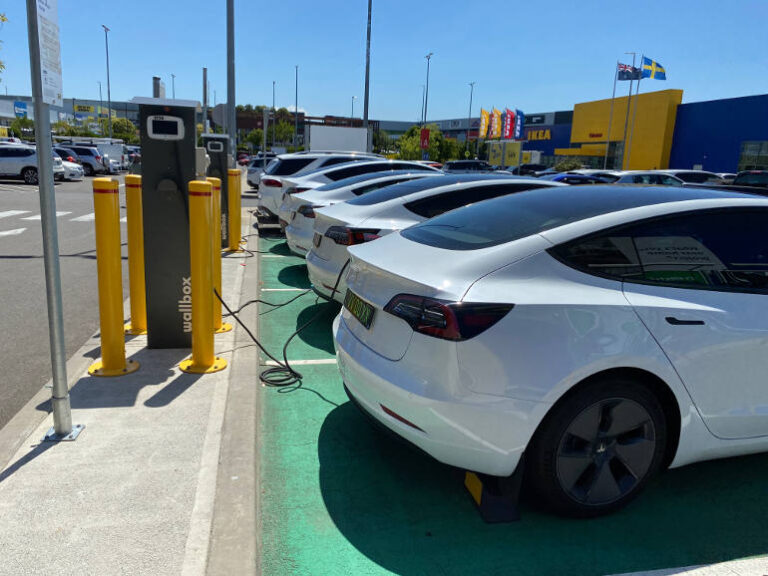Interleasing, the fleet business of listed salary packaging and asset services group McMillan Shakespeare, expects a surge in driver-assigned electric vehicles (EVs) and home charging for work-related EVs, as organisations seek to capitalise on the Fringe Benefits Tax (FBT) exemption.
Until now organisations have prioritised pool cars to test introducing EVs into their fleets. But because the FBT exemption doesn’t apply to assets that are used exclusively for business purposes, pool vehicles won’t be eligible for the game changing discount.
The Federal Government introduced the EV Car Discount in December in a measure aimed at stimulating EV adoption. The new policy makes EVs more affordable by making FBT exempt on EV and PHEV below the so-called luxury price tag of $84,916 (as at FY23).
Interleasing said the FBT exemption bolsters the case for take-home EVs in fleets, versus pool vehicles.
“We will see driver-assigned vehicles becoming more and more common now that organisations can get total cost of ownership like that of an ICE [internal combustion engine] vehicle,” said Adam Morrison, Managing Director at Interleasing, adding, “That will mean more organisations trying to tackle the issues of how they handle on-premises, on-the-go and at-home charging.”
Morrison said getting the right charging solutions for drivers to charge their work EVs at home is crucial to being able to maximise the EV discount. He said research showed some 80 percent of EV charging is done at home.
Interleasing has trialed and tested different charging installations and a variety of EVs so they can best advise clients on fit-for-purpose vehicles and infrastructure as well as developing solutions to integrate systems for data and billing related to battery charging.
“We’ve been funding EVs at Interleasing since 2013 and we were also early adopters in the sense of putting EVs into our own fleet, so we understand EV transition is complex,” said Morrison.
“Different suppliers may fit different organisations better than others,” said Morrison. “We can show them true practical experience and help them avoid the pitfalls that we’ve seen in the past.”
Interleasing has installed an EV infrastructure manager. It’s this specialist expertise and practical support that makes Interleasing, not only one of Australia’s leading fleet management organisations, but a leader in helping organisations transition to EVs.
Morrison said there are two key drivers motivating organisations to adopt EVs. First is about reducing one’s corporate carbon footprint, in line with overarching ESG — environment, social, governance — goals. The other is to meet customer demand, whether that’s to be recognised as an innovator, or to meet their selection criteria.
“More and more, organisations are trying to differentiate themselves from their competitors by demonstrating their commitment to ESG,” said Morrison.
Interleasing recently updated its EV transition guide: “A roadmap for the transition to EVs”. The guide sets out a 3-step framework for fleet electrification:
- Assess where you are now — including getting employees on board;
- Achieve what you can today — such as identifying charging solutions; and,
- Be ready for what’s next — having a plan to manage change and measure progress.
Download Interleasing’s roadmap for creating your EV solution here.






